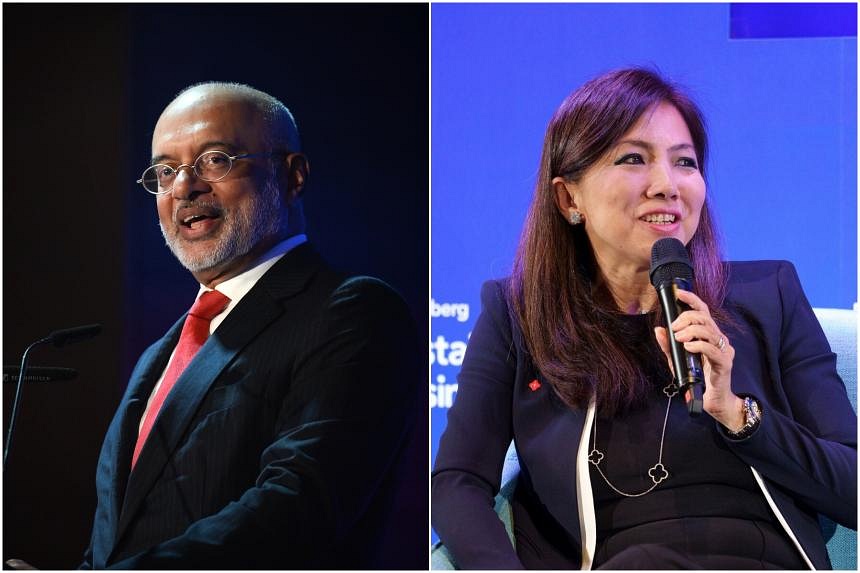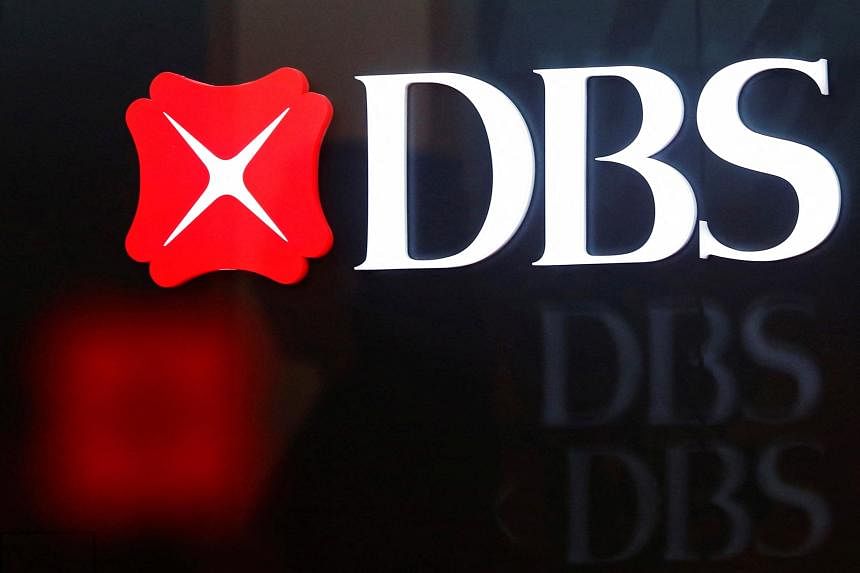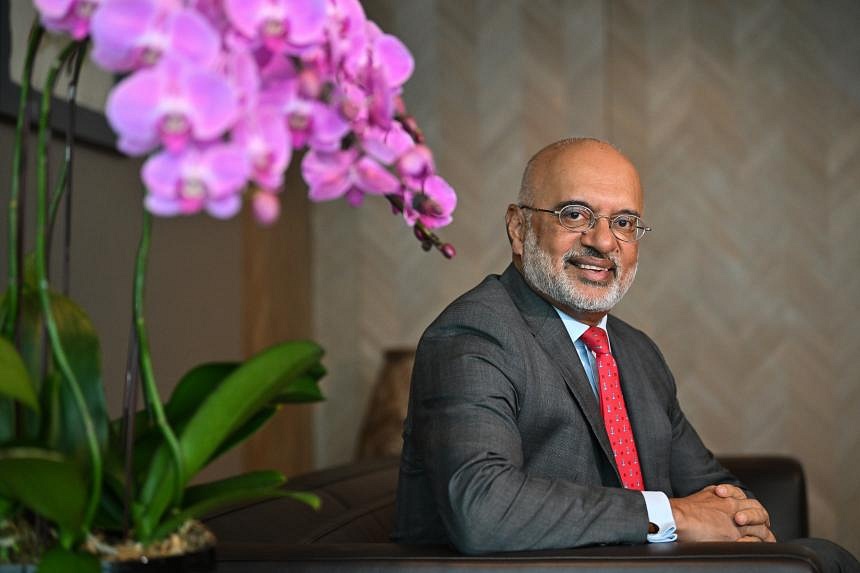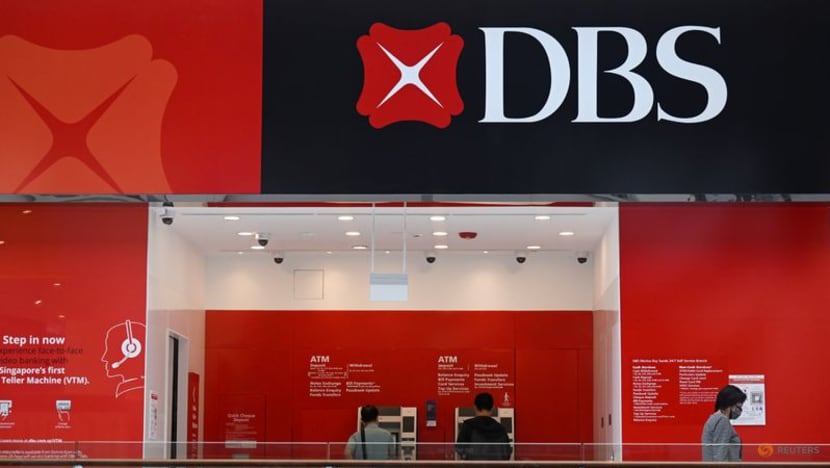- Joined
- Jul 25, 2008
- Messages
- 13,542
- Points
- 113
MAS to ensure DBS identifies root cause of recent disruptions and addresses it effectively
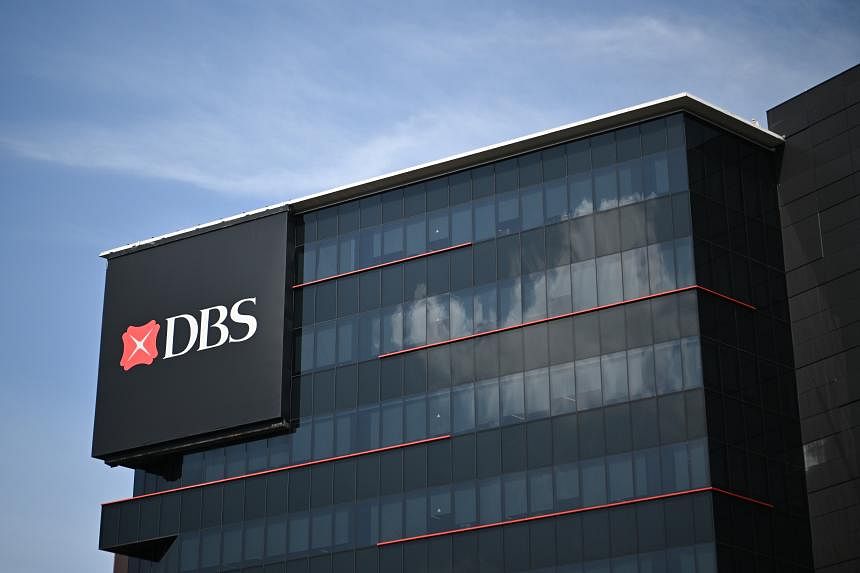
Following several outages in 2023, DBS and POSB internet banking and payment services were down yet again on May 2. PHOTO: ST FILE

Angela Tan
Senior Business Correspondent
MAY 07, 2024
SINGAPORE - The Monetary Authority of Singapore (MAS) is following up with DBS Bank to ensure that it identifies the root cause of recent disruptions to its internet banking and payment services, and addresses it effectively.
Following several outages in 2023, DBS and POSB online banking services were down again on May 2.
The latest outages took place even as a remediation plan to identify and rectify the cause of disruptions that took place in 2023 is still ongoing.
“While DBS Bank had made substantive progress to address the shortcomings identified from service disruptions experienced by its customers in 2023, the remediation plan by DBS Bank has not been completed and implementation is still ongoing,” an MAS spokesperson told The Straits Times on May 7.
The disruptions also came just two days after the MAS on April 30 announced that it would not seek to extend a six-month pause on the bank’s non-essential activities.
The MAS spokesperson said: “The six-month pause allowed DBS Bank to focus its resources and management attention on the remediation work and the bank has committed to continue its focus to complete the remediation plan.
“MAS is closely monitoring DBS Bank’s progress on the remaining deliverables and the effectiveness of the measures implemented.”
However, additional capital requirements imposed on the bank on May 5, 2023, as a result of the disruptions will remain.
The capital requirements, which translate to approximately $1.6 billion in total additional regulatory capital, will be lifted when the MAS “is satisfied that DBS Bank has demonstrated the ability to maintain service availability and reliability, and handle any disruptions effectively”, the spokesperson said.
Compared to 2023’s service disruptions, which lasted eight to 12 hours, the latest incident saw a much faster recovery, market observers said.
Banners on DBS’ mobile app were put up around 6pm, alerting customers that access to digital services was unavailable and the bank was resolving the issue.
DBS and POSB digibank online and mobile services returned to normal at 7.37pm and 7.41pm respectively. Services on DBS PayLah! returned to normal at 8.03pm.
But without knowing the details of DBS’ latest outage, IT experts said it will be difficult to isolate the root cause of the disruptions.
Outages could be due to numerous causes from servers, storage, networking, applications on its microservice architecture, software that different applications use to communicate with each other, and databases, among others, they said.
For instance, the outage can be caused by a software misconfiguration in the automatic failover protocols for business continuity and disaster recovery.
This happens when the backup or failover system does not automatically switch to a secondary server or system when the primary one encounters a failure or downtime, said Mr Raju Chellam, cyber-security expert and honorary chair of cloud and data standards at IT Standards Committee.
Malfunctions can also occur if modifications were made during system changes like software updates and upgrades without adequate checks being conducted before it was rolled out to the production servers, he said.
Outages can also be the result of human errors and third party issues such as cables being accidentally cut or burnt in data centres.
On Oct 14, 2023, a fault in the cooling system in Equinix data centre caused hours-long outages at DBS and Citibank.
On April 30, DBS said it had identified several work-in-progress areas including strengthening the bank’s systems architecture and creating more monitoring tools to detect potential problems more quickly.
Chief executive officer Piyush Gupta said while progress had been made, DBS would continue to strengthen its technology resiliency to meet expectations for reliable, seamless and effortless banking.
Mr Sam Liew, president of the Singapore Computer Society, said improvement in digital infrastructure is essential to support a widespread adoption of cashless transactions.
There is also a need for a supportive payment framework to enable a cashless society.
Ultimately, there must be digital trust to encourage widespread adoption, he said.



